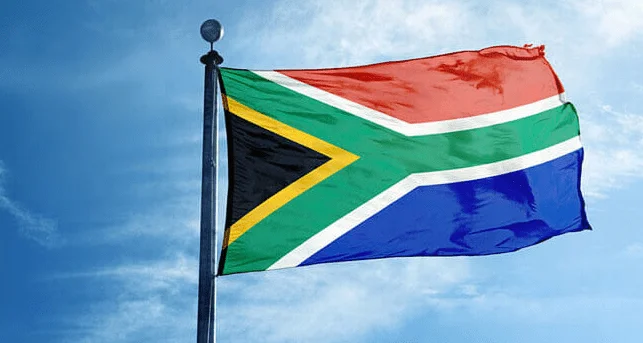The Reserve Bank of South Africa provided instructions to its subsidiaries that included a recommendation not to completely shut off contact with cryptocurrencies.

The CEO of the Prudential Authority of the Reserve Bank of South Africa, Fundi Tshazibana, signed the official notice. Due to murky rules or a high risk component, certain South African banks already severed relations with what is referred to as “Crypto Asset Service Providers” (CASP) in the document.
However, the notification emphasizes that risk assessment doesn’t entail completely giving up cryptocurrency:
“Risk assessment does not necessarily imply that institutions should seek to avoid risk entirely (also referred to as de-risking), for example, through wholesale termination of client relationships which may include CASPs.”
It goes on to suggest that because it may restrict the options for handling problems like money laundering, such a move could even be a “threat” to overall financial integrity.
The Reserve Bank of South Africa published a risk analysis of the local banking industry at the end of July. The top 10 concerns identified by the main local banks, according to the survey, included cryptocurrency and virtual assets.
South Africa classifies crypto as financial assets
The South African government announced a strategy prior to the publication of the study that called for classifying cryptocurrencies as financial assets for regulatory purposes. Over the upcoming 12 months, the classification-related laws are anticipated.
South African cryptocurrency exchanges responded favorably to this statement. Many people think that this action will increase adoption in the nation. The nation has already shown significant creativity and enthusiasm in the cryptocurrency ecosystem, including IRL crypto use cases.
Crypto ventures like Bitcoin Ekasi, a township that adopted Bitcoin to increase the financial independence of the area’s underprivileged residents, and Unravel Surf Tourism, a pro-crypto travel agency with South African roots, may be found there.
